
Why did the world's largest power tools company venture into solar pumps?
Stanley Black & Decker is $14 billion in revenue, a purpose-driven industrial organization. With over 61,000 employees in more than 60 countries we operate the world's largest tools and storage business. We are also the world's second-largest commercial electronic security company. Additionally, besides being a leading Engineered Fastening business, we also have Oil & Gas, and, Infrastructure businesses.
Now let me tell you why and how we ventured into Solar Pumps. Stanley Black & Decker’s corporate social responsibility strategy is built around three pillars that are aligned with the U.N. Sustainable Development Goals:
Empower Makers: Empower 10 million creators and makers to thrive in a changing world.
Innovate with Purpose: Innovate our products to enhance the lives of 500 million people and improve environmental impacts.
Create a More Sustainable World: Positively impact the environment through our operations, including become carbon positive [reducing emissions to zero]
With this powerful purpose in mind, we decided to build technologies that not only leveraged our core competencies but also positively impacted the livelihoods of people at the bottom of the pyramid while positively impacting the environment.
The first technology innovation we wanted to focus on was, building solutions to alleviate one of the biggest problem farmers in India faced . . . consistent supply of water from bore wells to irrigate their lands.
India has around 30 million bore wells in the country that draw water from the earth for agricultural irrigation. Out of these 30 million pumps, 15 million are inefficient AC pumps and 10 million are diesel pumps. These pumps use highly subsidized electricity and diesel that place a heavy financial burden on the government and are major sources for carbon emissions that lead to climate change.
Clearly there is a huge need for a Clean Technology intervention that can overcome the above challenges.
Our interest in Clean Energy like Solar Power combined with our strong experience in building highly efficient motors led us to the decision to venture into building Solar Pumps.
NADI, our Smart Solar Pump that we launched last year for agricultural irrigation, is targeted to enhancing the livelihood of farmers in India.
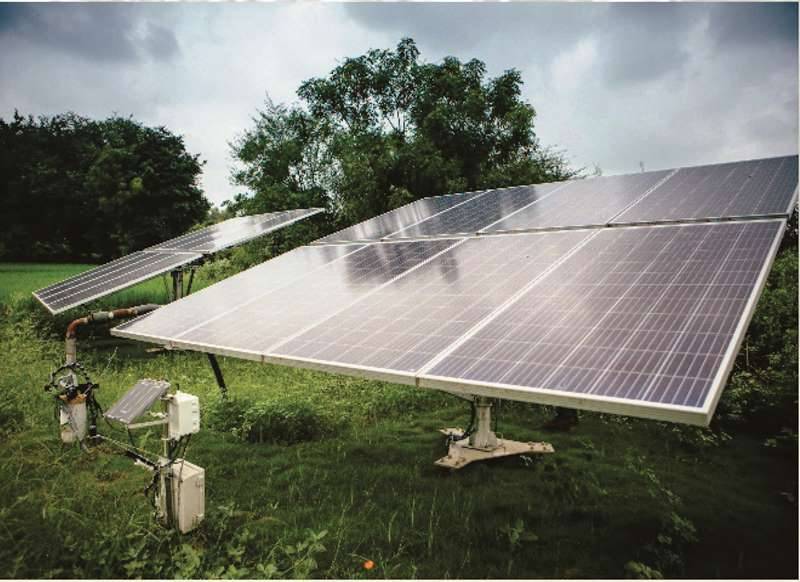
What technology sets you apart?
There are multiple technologies embedded into NADI Smart Solar Pump that really differentiates us from the marketplace. I would like to highlight a couple of them! The first is our highly efficient brushless DC Motor [BLDC] that drives NADI. Compared to AC motors, BLDC motors are highly efficient. The internal design of our motors with double bearings enhances reliability and efficiency. Our motors also undergo a series of intense tests in harsh weather conditions to increase performance reliability in the field.
Another key differentiator is NADI Connect™, an embedded IOT interface within our controller that continuously monitors performance parameters of the pump and logs critical environmental data to evaluate the pump health. NADI Connect™ also allows our pumps to be seamlessly connected to mobile networks and enable cloud visibility from anywhere in the world so we can remotely manage and support our installations. India is a large country with vast geographies in very rough terrains. There are farms that are hundreds of miles away from cities in remote villages and sometimes in mountainous regions. The biggest challenge for solar pump installations is how you monitor pump health and remotely support solar pumps. NADI Connect™ enables this level of high-quality pre-emptive support!
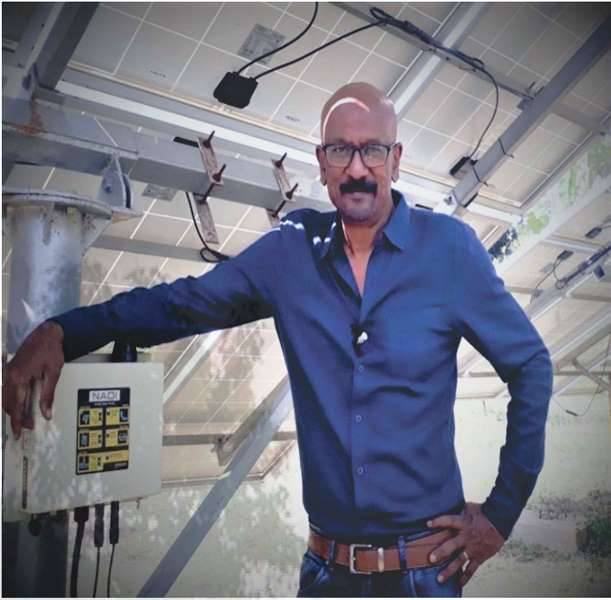
Why have you named your solar pump NADI?
For centuries rivers in India have been the life force of agriculture. The word NADI means river in almost all major languages in our country. We named our Smart Solar Pump NADI because we envision our pump to channel water, to farms in India, like the flow of a river!
How does NADI help the environment?
There's a lot of discussion on how the climate is changing around the world due to greenhouse gas emissions. AC and diesel pumps are a major cause of greenhouse gas emissions because of power generation from coal and biofuels respectively. With NADI Smart Solar Pumps, we completely avoid that aspect of environmental pollution because we use Solar PV Panels to generate clean energy.
Another challenge to the environment is depleting water tables. Because of erratic power supply from the grid, farmers using AC pumps use flood irrigation to water their crops whenever there is power. They turn on the pump and flood the field because they are unsure on when the power will come back again. A lot of water gets wasted because of this form of irrigation and drastically affects our precious groundwater resources.
With NADI Smart Controller, the Solar Panels generate power throughout the day, and enable farmers to manage water resources judiciously and use, only that much water needed for a crop. We are working on embedding artificial intelligence algorithms within our controller to automate water dissemination based on the crop and acreage of farmland.
We also work with farmers and encourage them to build rainwater harvesting pits around every borewell, so underground aquifers get replenished during the monsoons.
How does NADI support micro-irrigation?
NADI Smart Solar Pumps support smart/micro irrigation at many levels. Our Smart Controller can connect with soil sensors and environmental sensors to track data like soil composition, moisture content, temperature and irradiation. Additionally, the controller also tracks water output and power generated. This data can be accessed from the cloud to configure optimal use of the NADI Solar Pump and formulate intelligent suggestions for the farmers on how best to irrigate a crop
It can be also connected to drip irrigation systems and sprinklers for effective and judicious use of the water resources. Hence there are number of ways in which the smart controller can interact with the environment.
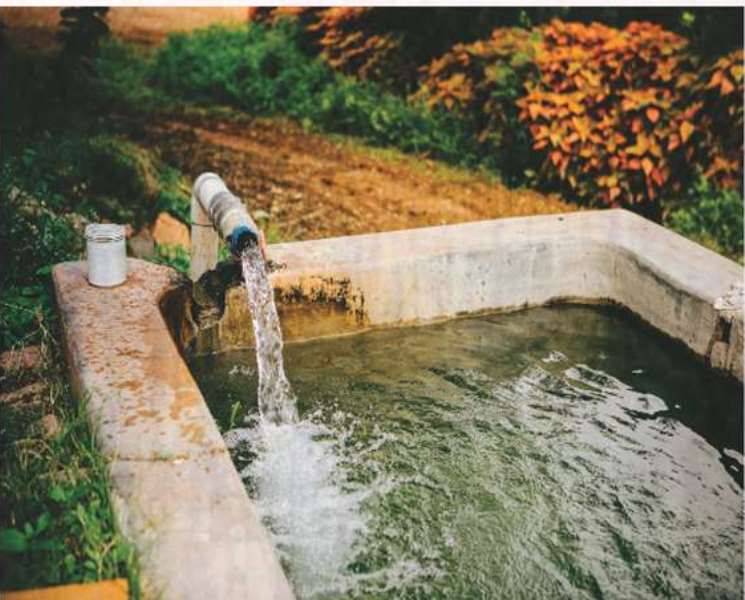
NADI Smart Pumps can also be connected to Grid-Tied Inverters to push unused Solar Power into the grid. This energy transfer can be measured with net-metering so that DISCOMS can reimburse farmer for the electricity they generate, when they are not using NADI to pump water to their farms.
The third important aspect we want to integrate into the controller is artificial intelligence so that the farmer can specify the crop, soil and amount of land. And based on all these inputs the controller can suggest the exact amount of water to be pumped to the field. This is the future where the pump transforms into an intelligent machine that tracks the environmental and soil data to suggest the ideal way for a farmer to irrigate his land and improve his livelihood.
For more details:
Toll-free: 18004192125
Whatsapp: 9606048051
Email: [email protected]
Website:www.stanleyearth.com
Address: 4th Floor, Kapil Tower, Financial District, Gachibowli, Hyderabad, Telangana-530032








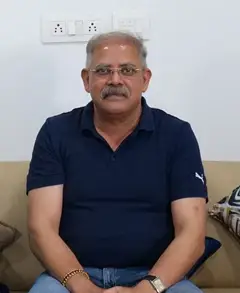
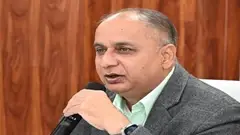





Share your comments